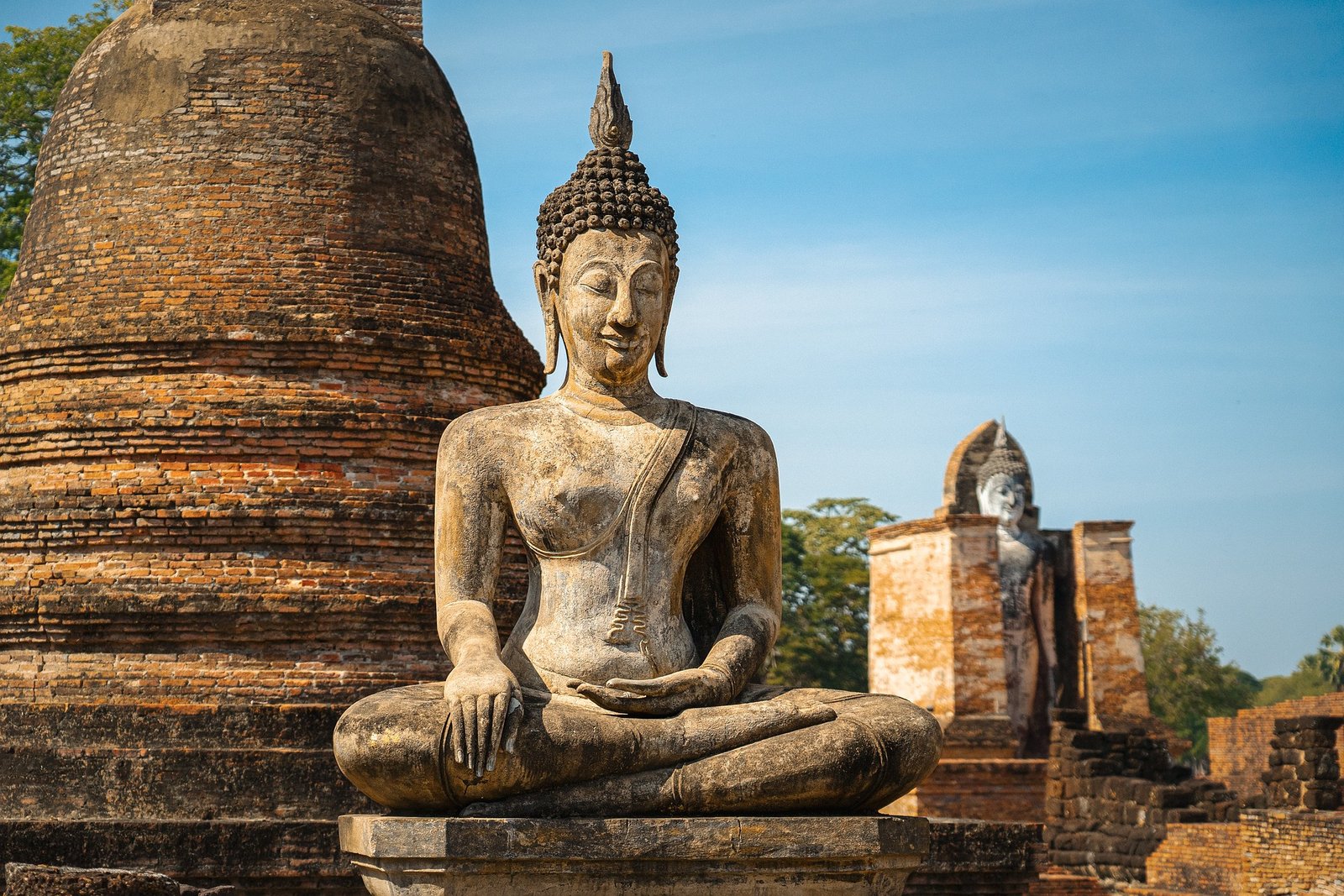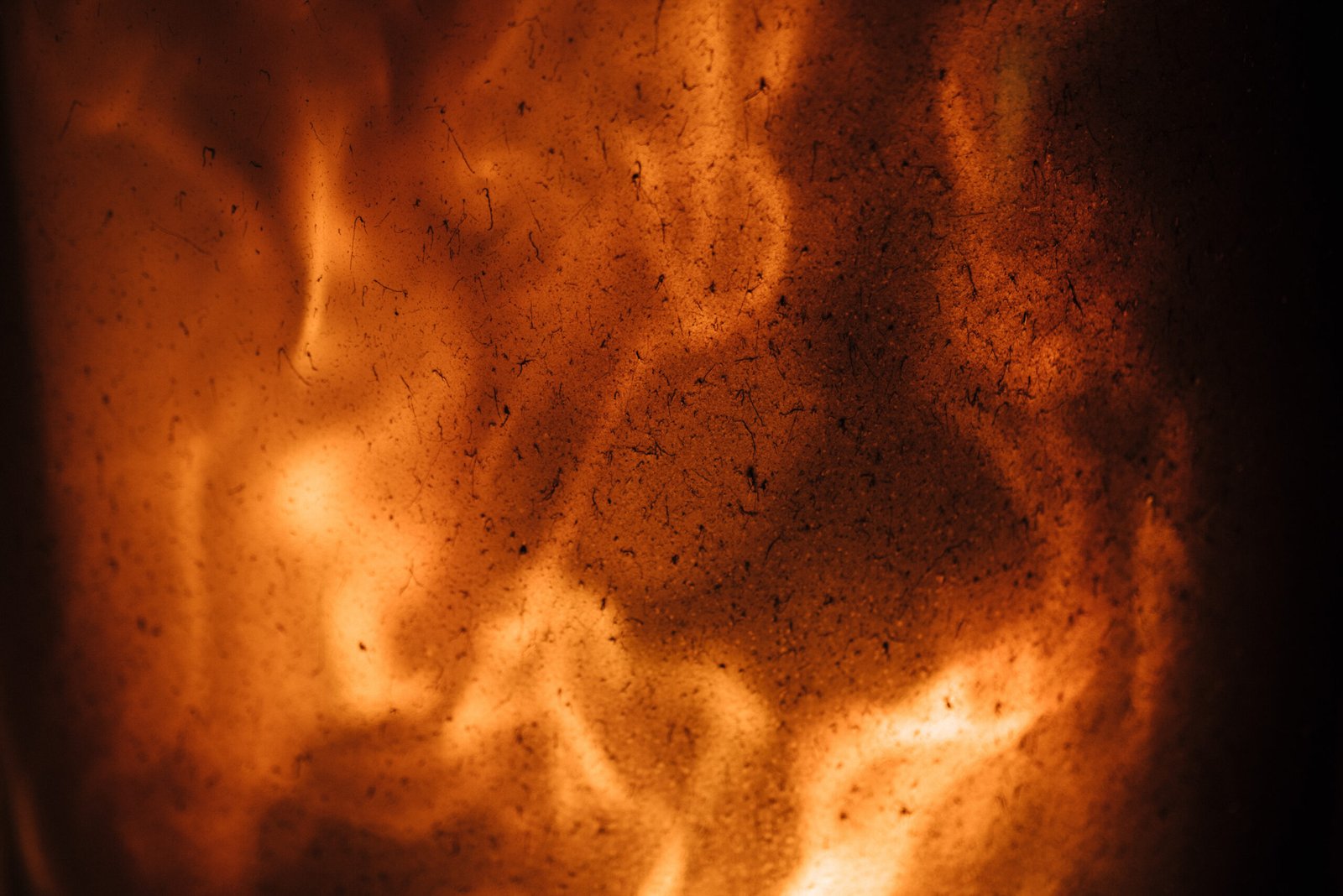God will never abandon you. You don’t have to do anything for God to love you unconditionally. You are always and in every moment, loved infinitely by the Source. Yet, sometimes it does not seem that way. Why is that? It is because we are holding on to thoughts that are not in alignment with the truth of Love, and when we do so, the heart closes, and when the heart closes, we are closing the door to this flow of unconditional love.
Different teachers of different traditions use different terms and analogies, but in the end it’s all the same. They all point out to the fact that we are not actually separate from that which we seek, and that our Source/the Creator/God/Love, and who we truly are, is one and the same, appearing to be different, from the perspective of the dream/samsara/the ego mind. All spiritual practices ultimately aim at transcending this seeming duality.

How can we reconnect to this Stream of Well-Being?
If God is always knocking, if the Stream of Well-Being is always continuously flowing to us, and if our natural state is openness, then we don’t have to “do” anything. It is through a willingness to let go of that which is not in alignment with Love that we allow ourselves to receive this flow. One word comes to mind: Forgiveness. The inner process of forgiveness goes incredibly deep. Forgiveness has the capacity to truly liberate us. Yet, we cannot force it. Sometimes the natural process of forgiveness starts with fully acknowledging and allowing our anger to be fully felt and experienced. Sometimes we may need to have a good cry or many good cries.
A great question to ask ourselves is: “Who do I need to forgive?”
And if we cannot forgive yet: “What parts of me are needing love right now?”
So much of our inner resistance actually comes from parts of us that feel unsafe or wounded, and therefore they have a hard time trusting. They have a hard time trusting Life and people in general, because they have been hurt or deceived in the past. That may show up in the form of judgments at a more conscious level. I love visualizing these parts of me as children, because that’s what they are in a way. Children that have not received the love they deserved, and are therefore, angry, pouting, and sulking.
Another form of resistance comes from believing in things that are not true about ourselves. When we believe in self-doubts, shame or guilt for example, we may be doubting our own innate innocence, strength, goodness and unconditional “lovability”. And holding on to these thoughts and beliefs will inevitably cause suffering, because they are simply out of alignment with the truth of who you are. Suffering is God’s way of saying, “not true”; it is a guidance system that can be used for showing us that we’re believing something untrue about ourselves, others, or Life.
Common lies we tell ourselves
Here are some of the things we may say/think consciously or believe subconsciously (all of which I have struggled with, and still experience occasionally):
- “Something is wrong with me, I should be different”
- “Life doesn’t care about me”
- “I’m better/worse than”
- “I must achieve or accomplish something in order to be valuable”
- “Having a lot of money is selfish, therefore wrong”
- “Successful people are prideful and egotistical”
- “God/Life will abandon me unless I do this or that”
- “I’m behind everyone else and will be left behind”
When holding on to such beliefs consciously or unconsciously, life is likely to reflect to us what we believe. In other words, life will start to feel more and more difficult and it will seem to validate our beliefs. This is not a mistake.
“What we hold in mind tends to manifest”
-David R. Hawkins

Another truth: We are powerful creators
In the deepest sense, we are not victims. We may have suffered greatly and have a lot of trauma that may require us to do a lot of healing work. True, on a human level, we have been wounded and victimized and require deep compassion and understanding. However, in the deepest sense, your Being, who you truly are, has never and will never be hurt. And so, when we hold on to thoughts or beliefs such as “I had it worse than them”, “they don’t understand how bad I’ve had it” in other words, “I am a victim”, we will suffer, because we are believing in something untrue. We are at the same time, giving our power away to the past, or circumstances that need not determine the quality of our experience in this moment.

“Pain is inevitable, suffering is optional”
-Old buddhist saying, author unknown
Having trauma stored in the body means we will experience discomfort, pain or tension, yet we do not have to believe that we are broken or victims. The ego loves the identity of “poor me” as it creates separation and the ego thrives on that, yet it can make us sick.
“In life, we can’t always control the first arrow. However, the second arrow is our reaction to the first. The second arrow is optional.”
-The Buddha
The first arrow is the trauma or negative event. The second is the negative story we tell ourselves about the event and what it means. Having had to heal from a lot of trauma myself (and still doing so), I have at times been deeply lost in the story of my victimhood, and the stories were incredibly self-defeating and created a sense of powerlessness. Although I do not regret any of those experiences as I believe they helped prepare me to support others in a more compassionate way, I want us to remember that we always have a choice.

“The wound is the place where the light enters you”
-Rumi
We can say, “Thank you pain, for showing me what is here to be loved and transformed”, “Thank you suffering for showing me what is here to be released”, “I love you so much, you are safe now”. As we do this, as we open our hearts to ourselves in every way, we are coming back in alignment with that which is always loving us. We are opening the door of our hearts, so God may finally come in.
Thank you 🙏🏼
Did you find this helpful? I’d love to hear from you!




Leave a Reply